
Bad Company is the debut studio album by Bad Company, a 1970s hard rock English supergroup. The album was recorded at Headley Grange with Ronnie Lane's Mobile Studio in November 1973, and it was the first album released on Led Zeppelin's Swan Song Records label.

The Band is the second studio album by the Canadian-American rock band the Band, released on September 22, 1969. It is also known as The Brown Album. According to Rob Bowman's liner notes for the 2000 reissue, The Band has been viewed as a concept album, with the songs focusing on people, places and traditions associated with an older version of Americana. Thus, the songs on this album draw on historic themes for "The Night They Drove Old Dixie Down", "King Harvest " and "Jawbone".
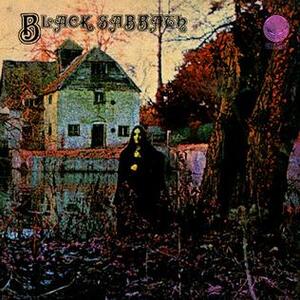
Black Sabbath is the debut studio album by English heavy metal band Black Sabbath, released on 13 February 1970 by Vertigo Records in the United Kingdom and on 1 June 1970 by Warner Bros. Records in the United States. The album is widely regarded as the first true heavy metal album, and the opening track, "Black Sabbath", has been referred to as the first doom metal song.
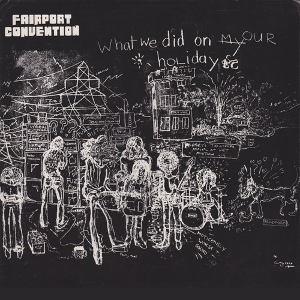
What We Did on Our Holidays is the second album by British band Fairport Convention, released in 1969. It was their first album to feature singer-songwriter Sandy Denny. The album also showed a move towards the folk rock for which the band became noted, including tracks later to become perennial favourites such as "Fotheringay" and the song traditionally used to close live concerts, "Meet on the Ledge".

Twelve Dreams of Dr. Sardonicus is the fourth album by the American rock band Spirit. It was produced by David Briggs, who is best known for his work with Neil Young. The original LP was released in November 1970 by Epic. The band's lowest charting album to that point, it peaked at #63 on the Billboard 200 in February 1971, spending only fourteen weeks on the chart. However, it sold well as a catalog item and became the band's only album to ultimately attain a RIAA gold certification in the U.S., achieving that status in 1976. On the Canadian RPM Magazine Top 100 charts, the album reached #49 and was in the top 100 for 10 weeks.

Pink Flag is the debut album by the English rock band Wire, released in November 1977. The album was critically acclaimed on release, and has since been highly influential. It is widely regarded as a landmark in the development of post-punk music.
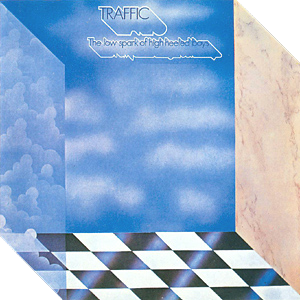
The Low Spark of High Heeled Boys is the fifth studio album by English rock band Traffic, released in 1971. The album was Traffic's most successful in the United States, reaching number 7 on the Billboard Top LPs chart and becoming their only platinum-certified album there, indicating sales in excess of one million. However, it failed to chart in the United Kingdom. The album features the minor hit "Rock & Roll Stew" and the title track, which received heavy FM airplay.
High Tide were an English rock band formed in 1969 by Tony Hill, Simon House, Peter Pavli and Roger Hadden (drums). They released two studio albums under their own name for Liberty Records and one as backing musicians for Denny Gerrard. They broke up in 1970 after little critical or commercial success.
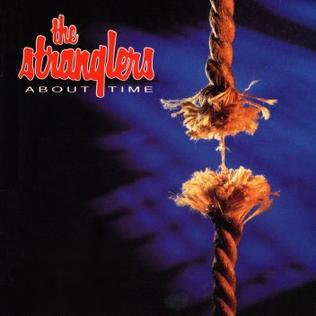
About Time is the twelfth studio album from the Stranglers and the second one from the Black, Burnel, Greenfield, Roberts and Ellis line-up. The album was released in 1995 through the When! label. It was co-produced, engineered and mixed by Alan Winstanley, who had worked with the Stranglers on their first four albums. Nigel Kennedy plays electric violin on "Face", and a string-quartet is used on three of the eleven tracks.

Hokey Pokey is the second album by the British duo of singer Linda Thompson and singer/songwriter/guitarist Richard Thompson. It was recorded in the autumn of 1974 and released in the year 1975.

Simon House is a British composer and classically trained violinist and keyboard player, perhaps best known for his work with space rock band Hawkwind.

Recall the Beginning...A Journey from Eden is the seventh studio album by American rock band Steve Miller Band. The album was released in March 1972, by Capitol Records. Like his previous album, Rock Love, this album did not meet with much success.
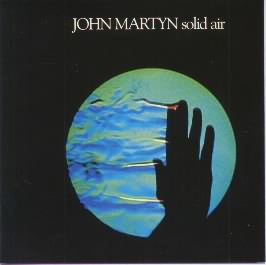
Solid Air is the fourth studio album by Scottish singer-songwriter John Martyn, released in February 1973 by Island Records.
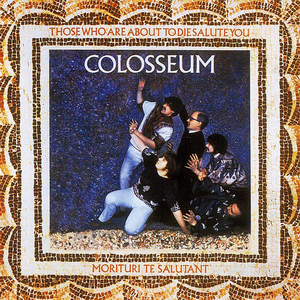
Those Who Are About to Die Salute You is the debut album by Colosseum, released in 1969 by Fontana. It is one of the pioneering albums of jazz fusion. The title is a translation of the Latin phrase morituri te salutant that according to popular belief, gladiators addressed to the emperor before the beginning of a gladiatorial match.

Burgers is the third album by Hot Tuna, the folk rock offshoot of Jefferson Airplane members Jorma Kaukonen, Jack Casady, and Papa John Creach, released in 1972 as Grunt FTR-1004. It was the band's first studio album, the previous two being live recordings. "Water Song" and "Sunny Day Strut" are instrumentals composed for this album. Hot Tuna did not release the song as a single until June 1982. In 1996, RCA released the CD box set Hot Tuna in a Can which included a remastered version of this album, along with remasters of the albums Hot Tuna, First Pull Up, Then Pull Down, America's Choice and Hoppkorv.
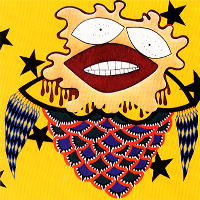
Quah is the first solo album by Jorma Kaukonen of Hot Tuna and Jefferson Airplane. The album was recorded with Tom Hobson. The initial plan was to have side-A be Kaukonen and side-B be Hobson. However, RCA felt that Hobson's recordings would not be accepted by the public. Initially the record was planned to be released in mid-1973, but because of the issues with Hobson, Kaukonen returned to the studio to record new tracks for side B in May 1974. Only "Blue Prelude" and "Sweet Hawaiian Sunshine" of the original 1974 release feature Hobson's lead vocal, although he also plays guitar on "I'll Let You Know Before I Leave." On the CD reissue, Hobson is featured on all bonus tracks except for "Lord Have Mercy."

Halfbreed is the debut album by the Keef Hartley Band. The band was formed when Keef Hartley left John Mayall's band after touring and playing on seven albums, including being the only performer besides Mayall on The Blues Alone. Halfbreed includes two spoken passages featuring Mayall, as well as several notable British jazz-rock players.
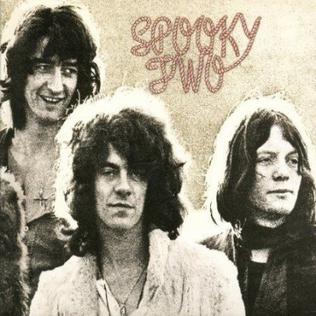
Spooky Two is the second studio album by the English rock band Spooky Tooth. It was originally released in March 1969, on the label Island Records.

Bare Wires is a studio album by John Mayall's Bluesbreakers, featuring Mick Taylor on guitar, Chris Mercer and Dick Heckstall-Smith on saxophones, Jon Hiseman on drums, Henry Lowther on cornet and violin, and Tony Reeves on bass. It was released in 1968 on Decca Records. The album was the last John Mayall studio album to feature the name "Bluesbreakers". The album was also Mayall's first successful U.S. album reaching #59 on the Billboard 200.
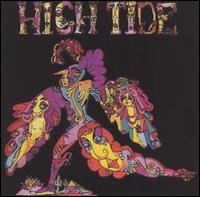
High Tide is the second album by High Tide. The album is slightly less heavy, with folk-influences within the band's sound. Though guitarist Tony Hill would later record with a new band under the High Tide banner, as well as releasing posthumous compilations of demos, this was the last proper album by the original group.



















